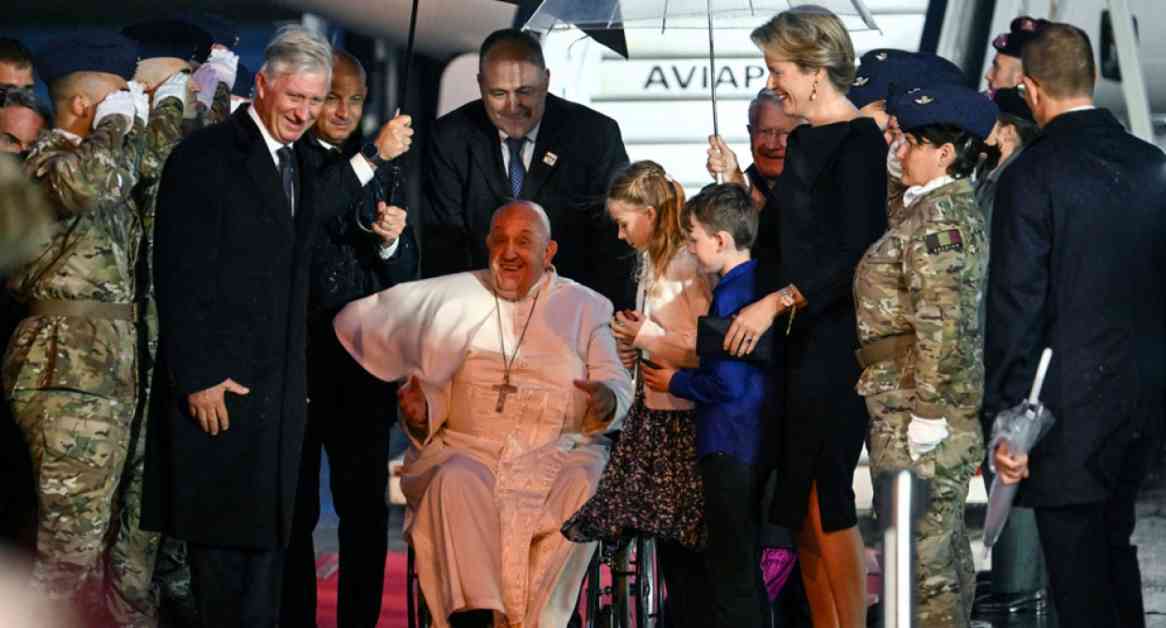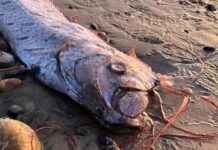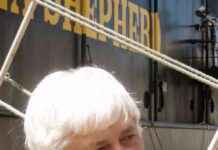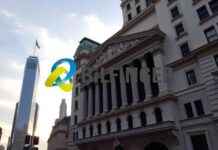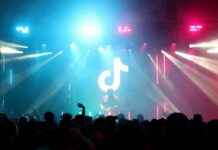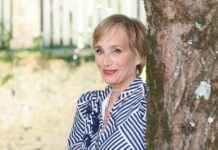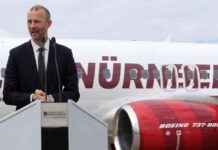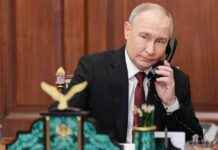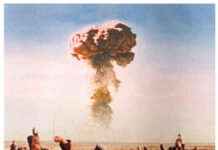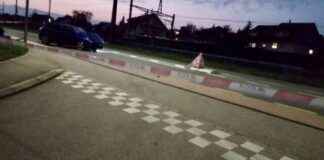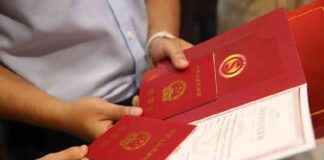Pope Francis in Belgium: Upholding State Neutrality?
Pope Francis is expected to arrive at 9:15 am this morning at the Laeken Castle, where he will be received by King Philippe. At 9:45 am, he will then meet with Prime Minister Alexander De Croo. This visit of the Holy See in Belgium, initiated by the King, raises several questions, particularly regarding the neutrality of the Belgian state.
In September 2023, King Philippe and Queen Mathilde visited the Vatican. During this visit, the King officially invited Pope Francis to come to Belgium. This invitation, approved in advance by the Belgian government, allows the Pope to address the nation during his stay.
An invitation that sparks debate
This initiative is not without its critics. The Center for Secular Action, in particular, is concerned about a possible breach of the separation principle between the Church and the State.
The fact that the Pope will address the nation implies the presence of the highest Belgian representatives, including the government. According to the Center for Secular Action, this could be perceived as a violation of the principle of neutrality of the Belgian state.
However, this is the first time that a religious representative has been invited to Laeken in this context. In 1995, during the visit of Pope John Paul II, he was received by King Albert II, but in a private audience. Although this visit allowed him to celebrate a public mass, the context was different.
State Neutrality: a complex issue
The visit of Pope Francis under these conditions therefore raises questions about Belgium’s ability, as an officially neutral state, to host a religious leader in this manner.
Opinions are divided. On one hand, some believe that the separation between the Church and the State is being called into question, while others point out that the Pope, in addition to being the head of the Catholic Church, is also the head of the Vatican State. Belgian authorities emphasize the respect for protocol and underline that the Pope will be treated like any other head of state or faith. In this regard, some government members recall that the Dalai Lama, another prominent spiritual figure, was also received by Belgian authorities in 2016 when he met with the Senate president.
Challenges to State Neutrality
The visit of Pope Francis to Belgium has sparked a debate about the country’s ability to maintain its neutrality while hosting a religious leader of such stature. The concerns raised by the Center for Secular Action highlight the delicate balance between religious freedom and the principle of separation between church and state. The historic nature of this visit adds complexity to the discussion, as it marks a departure from previous protocols.
Historical Context
Looking back at past visits by religious figures to Belgium, the reception of Pope Francis at Laeken stands out as a unique event. Unlike previous encounters, where religious leaders were received in a more private setting, this visit will involve a public address to the nation. The comparison with the visit of Pope John Paul II in 1995 sheds light on the evolving dynamics between the Church and the State in Belgium.
Balancing Act
As Belgium navigates the complexities of hosting Pope Francis, it faces the challenge of upholding its tradition of state neutrality while honoring the religious significance of the visit. The discussions surrounding this event reflect the broader debate about the role of religion in society and the boundaries between the spiritual and the secular.
The visit of Pope Francis to Belgium raises important questions about the intersection of religion and state neutrality. As the country grapples with these issues, it will be essential to strike a balance that respects both religious freedom and the principles of a secular state. The outcome of this visit could have far-reaching implications for the relationship between the Church and the State in Belgium.
